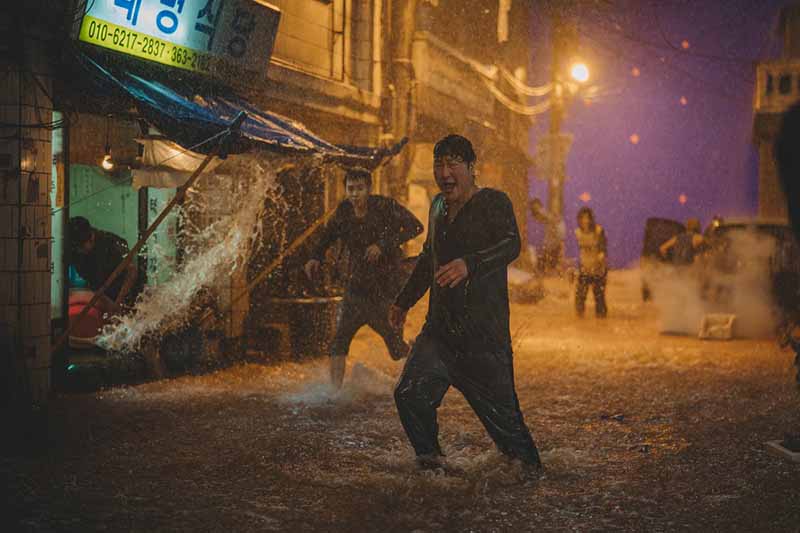This article contains spoilers!
Directed by Bong Joon-ho, Parasite, the Korean comedy-thriller, was the biggest winner at the Oscars this year with 6 nominations and 4 awards. In addition to its beautiful cinematography and crafty storytelling, Parasite holds a mirror to the broken wealth balance of late-stage capitalist societies everywhere.
The movie starts when Ki-woo, a bright young man from the impoverished Kim family, faked his way into tutoring the daughter of the wealthy Park family. Shocked by their luxurious home and lavish lifestyle, Ki-woo made up a lie to get his sister an art therapy job at the family also.
Then the floodgate was opened. One after another, the Kim family conned their ways into the wealthy Park household. The father became the family driver while the mother took the job as the housekeeper. Yet, as the Kims enjoyed the fruit of their smart infiltration, they gradually realized that the gap between them and the Parks was more than just monetary. The tension eventually erupted into a brawl that left behind a trail of deaths and shattered hopes.
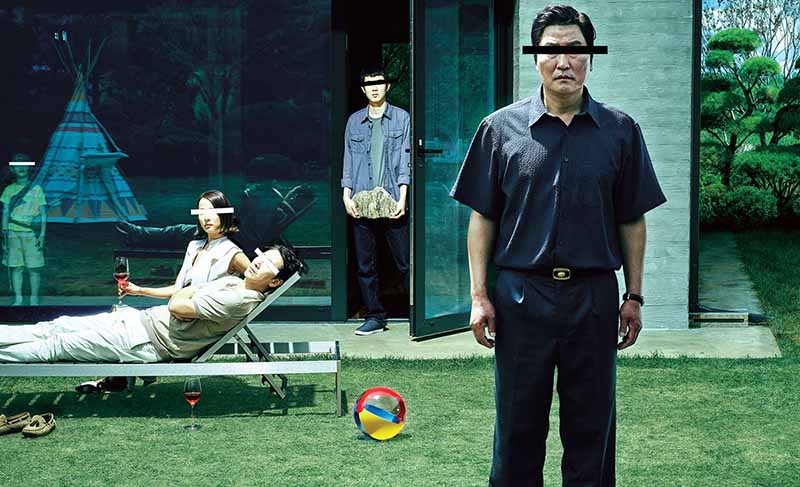
Parasite – wealth gap is everywhere
While the movie Parasite is set in South Korea, a society with a high degree of income inequality, wide wealth gaps are a world-wide phenomenon. According to the Federal Reserve, the top 1% of the population in the U.S. owned 29% of America’s total wealth in 2019. On the other hand, the bottom 50% only owned 6% of the wealth.
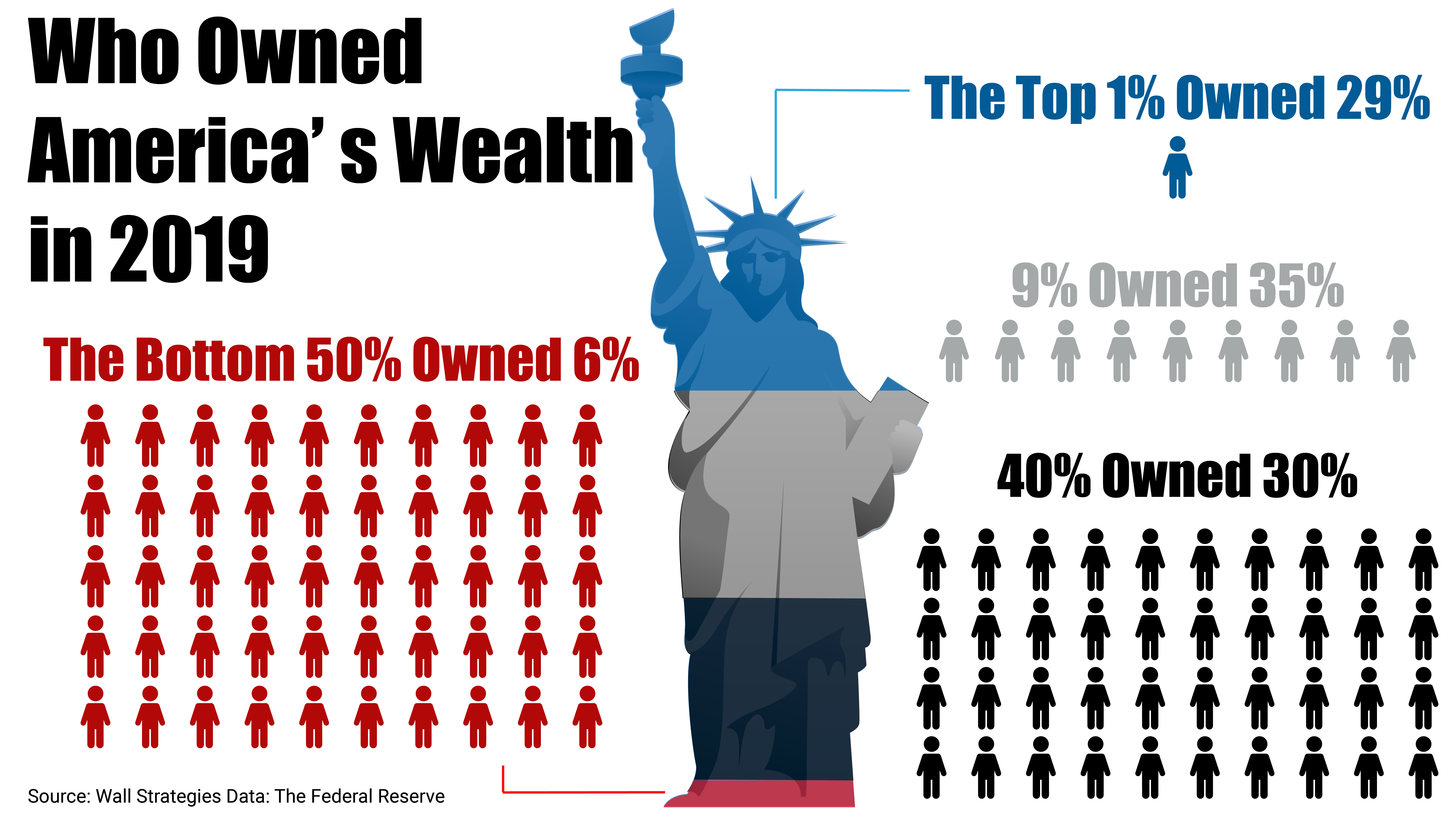
Parasite reveals and dramatizes the irreconcilable conflict between the haves and have-nots in modern capitalist societies everywhere. However, as the movie carefully points out, there is no intrinsic evil or virtue of the rich or the poor. Traditionally, people tend to blame the other side. The rich paint the poor as lazy and the poor paint the rich as greedy and evil.
However, without an obvious villain in the film, Parasite blended each character’s virtues with their flaws. While the Park family was naïve and nice, deep down they have no respect for the Kims. While the Kim family was smart and hardworking in overcoming poverty, their method was questionable and they were responsible for the violence. Just like in real life, the motives of the characters are messy and complicated. It’s hard to side with one family without overlooking their faults and flaws.
It’s the system
Without a clear villain, Parasite the movie forces the viewers to focus on the invisible force at play – the capitalist system. In a capitalist society, money controls almost every single aspect of your life. And it can change your fate instantly. In Parasite, wealth is represented by the physical height of one’s home. The Kims live in a semi-basement with a partial view of the street. On the other hand, the Parks lived in a spacious mansion on top of a hill. The vertical difference between their homes eventually led to different outcomes when a rainstorm hit the city. The Parks, living on a hill, were completely unaffected and enjoyed the fresh air the morning after. The Kims, however, found their semi-basement home completely submerged in sewage water, losing everything they owned.
In real life, this works similarly. Disasters, such as global warming and wars, are less impactful on the rich. They tend to have better protection in front of disasters. When they do get affected, they can quickly gather resources to support them in times of need.
However, without capital, the poor are often disproportionately affected by disasters. Their lack of access to support and resources make them vulnerable. Additionally, disasters from global warming can destroy the assets impoverished communities rely on to feed their families and push them into even more financial trouble.
In capitalist societies, money affects your education, your job, and the quality of the healthcare you receive when you are ill. However, money in capitalist societies follows a known pattern – the rich tend to get richer and the poor poorer. Through investing and starting businesses, the rich can further their wealth. On the other hand, the poor are often forced to take out debts. And the vicious debt cycles can leave the poor poorer.
While we can’t settle the debate on the merits and flaws of capitalism, we can help you avoid the pitfalls of the current system and make the most out of your money. Here are the three money lessons we can learn from the movie Parasite.
Parasite lesson No. 1 – avoid debts like the plague
The rich get richer by investing. And the poor become poorer by taking out debts. At the beginning of the movie Parasite, we sympathized with the Kim family as we witnessed their challenging living condition. However, the viewers soon realized that there were people even more unfortunate in the film. The Park family’s previous housekeeper Moon-gwang and her husband Geun-sae were doing much worse. Moon-gwang hid her husband in the secret basement at the Park’s to avoid the loan sharks that were chasing after them. As a result, her husband lived completely underground without fresh air or any physical freedom.
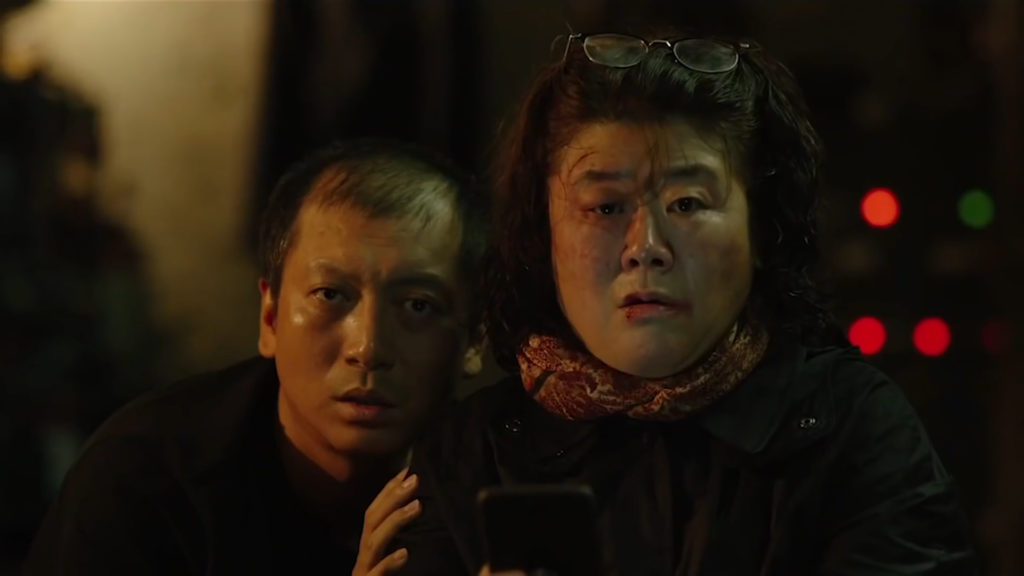
It’s not a coincidence that the most unfortunate family in the movie was the one with debts. Debt is the silent killer of wealth and hopes. With debts, you become a little poorer every day. They suck up your savings by charging expensive interest on the money you borrow. And the longer you put it off, the more you owe the banks. With high interest rates, some debts can quickly snowball out of control and can take you years to pay them off.
Unfortunately, it is not always possible to avoid debts. You might be forced to take out a loan to cope with an emergency or to invest in your education. If that is the case, it is crucial to take out as little debt as possible and prioritize paying off debts before other expenses. As long as you are aware of its dangers, you can contain the impact debt has on your life. On the other hand, piling up credit card debts to buy designer brand clothing or pay for expensive holidays is a surefire way to ruin your personal finance and financial stability.
Parasite lesson No. 2 – invest in education
In the movie, the wealthy Parks are extremely passionate about their children’s education. In fact, their passion for private tutors set up the series of cons the Kims pulled on them. Ki-woo was hired as the English tutor and Ki-jeong initially interviewed to become the art tutor. It’s easy to see how much the Parks care for the education of their children.
On the other hand, the Kim siblings had to stay at home and help support their family by folding pizza boxes. It is important to note that they couldn’t attend college not because they didn’t want to or were not smart enough for universities. Time and time again, the film showcased the wit of the Kim siblings. In fact, Ki-woo mentioned repeatedly in the film that he wanted to continue school. Although the Kim siblings were exceptionally talented and hardworking, their limited financial resources prevented them from pursuing higher education.
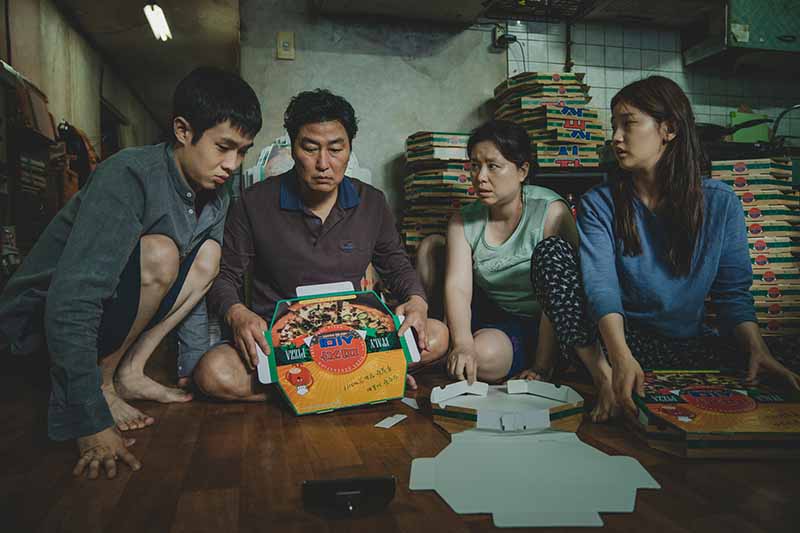
Unfortunately, in our societies, the lack of education could close doors on many high-paying jobs no matter the circumstances. Investing in education then becomes critical to escaping poverty and moving up in societies. Education can mean many different things. It could mean that you should attend night classes and get a certificate at a local college. Sometimes getting an education doesn’t cost anything at all. With the rise of online learning, you can learn anything from programming to online marketing. Thankfully, more and more companies like Google are changing their recruiting policies to include more talents without college degrees.
No matter what you learn, try to invest your resources and time in education as much as possible. It will pay off!
Parasite lesson No. 3 – learn to invest your money
The last personal finance lesson we can learn from the movie Parasite is on investing. In the film, Mr. Park amassed a huge amount of wealth by running a tech company. This is not a coincidence. In fact, investing in private businesses is one of the key differences between the rich and everyone else.
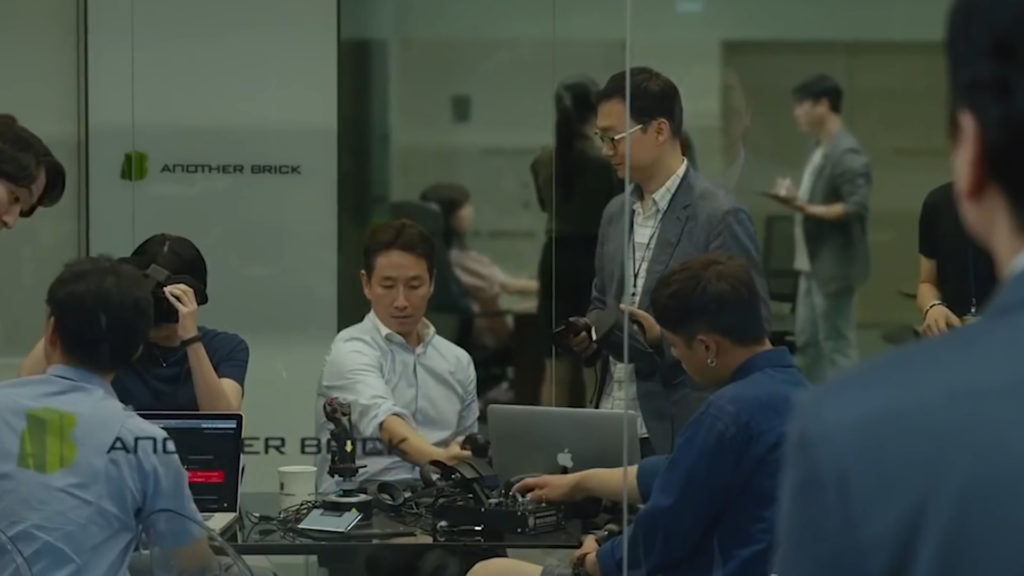
According to the Federal Reserve, the super-rich, the top 1%, owned 54% of all corporate equities in America and 58% of all private businesses! Their ownership in these two categories is, in fact, the highest among all asset classes. The data is telling us the secret to creating wealth – investing.
Both stocks and private company ownership are investment tools the rich use to become richer. By investing in stocks and private companies, the rich let their money work for them. When these companies grow, their investments also grow in value, creating wealth and income.
While investing in private companies is not available to every investor, you can benefit from the growth of public companies such as Apple, Tesla, or Facebook by investing in their stocks. By investing your money into public companies, you can benefit from their growth. Of course, you might also lose money when companies perform badly. Every investment has a risk.
The power of investing doesn’t stop there. By reinvesting your profit and investment return, you will have more and more money working for you. The bigger your portfolios grow the more return you can generate. This is how the rich keep getting richer.



